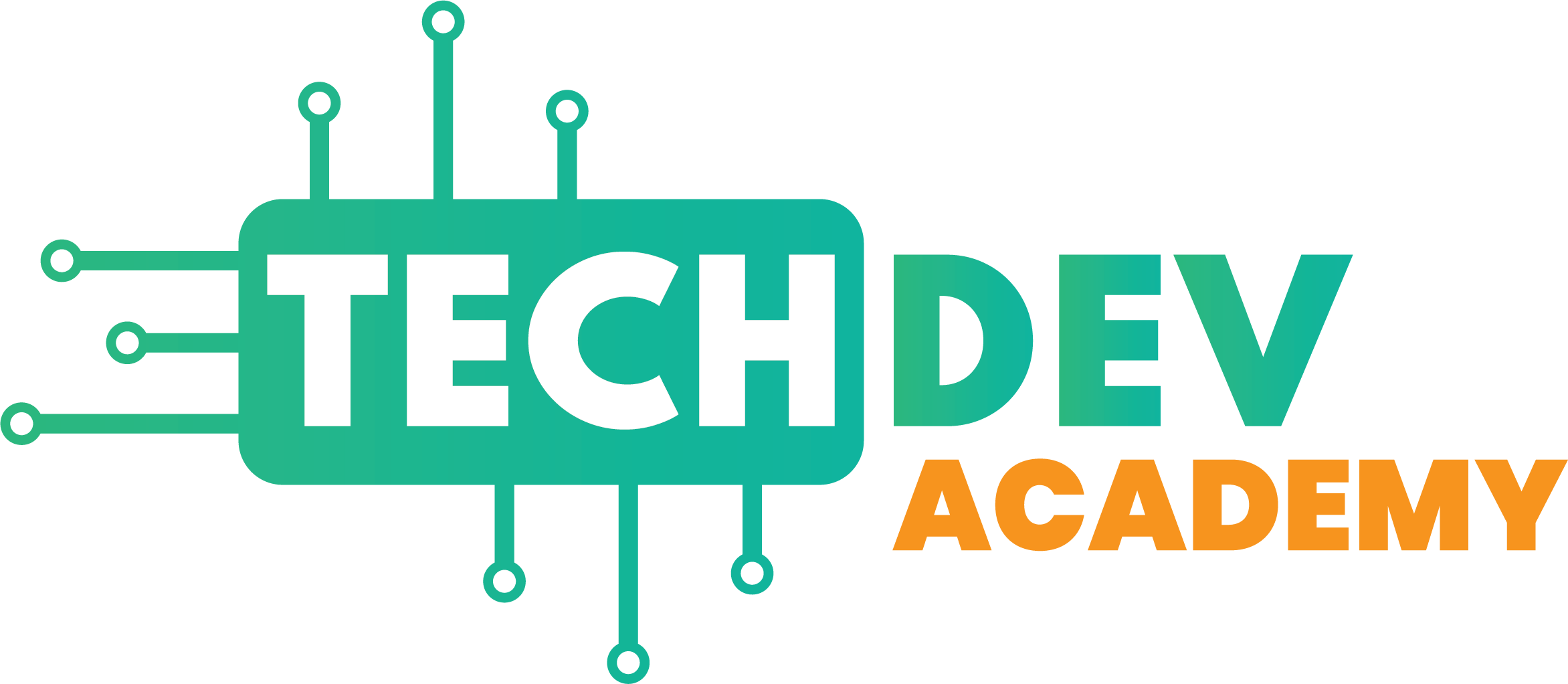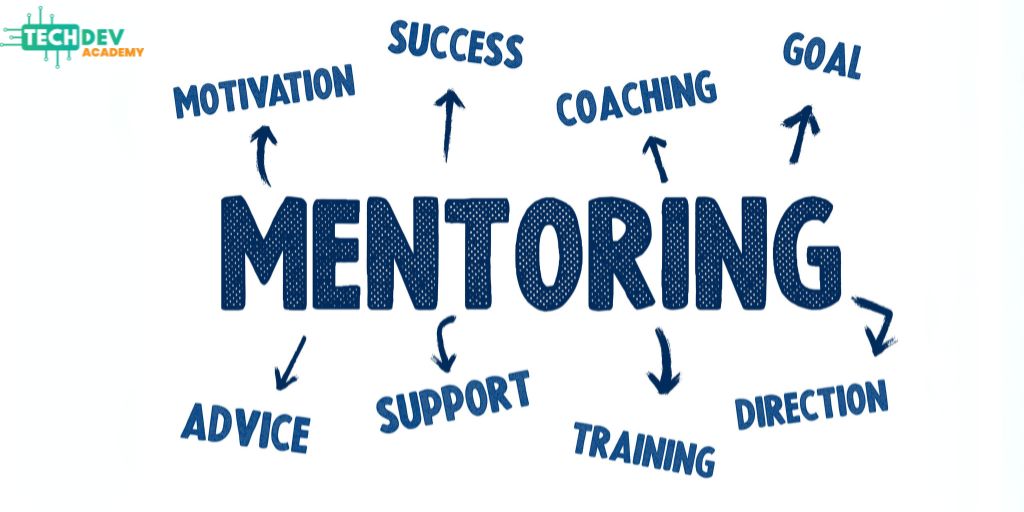Youth mentoring programs are designed to support young individuals’ growth, education, and emotional development. These programs connect students with trusted mentors who guide them through challenges and help build confidence and life skills. However, one essential factor that is sometimes overlooked is the parental role in mentoring.
When parents are meaningfully involved, mentoring outcomes improve. Parental support helps students remain consistent, feel safe, and get the most out of their experiences. Research shows that family involvement leads to higher engagement, better communication, and stronger trust between all parties.
This article explores how families contribute to mentoring success. It examines how parents and mentors can work together, what kind of support is helpful, and what challenges often arise. The focus is to understand the importance of parent-mentor collaboration, improve youth program communication, and encourage trust-building throughout the process.
Why Parents Matter in Mentorship Success?
Parents play a central role in making youth mentoring programs successful. Their involvement increases consistency, support, and overall engagement in the mentoring process.
Consistency and Support
Mentorship requires commitment. Parents can ensure their children attend sessions regularly and engage fully. Their role includes reminding students about mentor meetings, supporting program goals at home, and encouraging participation. Without parental backing, mentees may lose focus or motivation.
Reinforcing Learning at Home
When lessons from mentoring sessions are reinforced at home, they become more effective. For example, if a mentor teaches time management, a parent can help their child apply this by organizing homework schedules or setting daily goals. This joint effort strengthens mentoring outcomes.
Emotional Backing
Students feel safer and more supported when parents show interest in their mentor relationships. Active involvement boosts a child’s emotional well-being, helping them open up more easily to mentors and benefit from the guidance offered.
Involving parents in these ways makes mentoring more holistic and impactful. The parental role in mentoring is not only helpful, it is essential.
Building Trust with Mentors
Trust between mentors and parents is critical for a successful partnership. Open, respectful interactions lead to better outcomes for students.
Trust Is the Foundation
Trust between families and mentors ensures smooth collaboration. Parents are more likely to stay involved when they feel mentors are responsible, communicative, and genuinely interested in their child’s development.
Welcoming Environment
Mentors should create a welcoming space for parents from the beginning. A short meeting, introduction, or orientation can help build early trust. This includes sharing goals, discussing rules, and explaining how communication will work.
Transparency
Mentors can regularly update parents on mentee progress without breaching confidentiality. Simple updates on attendance, general development, or areas of focus are helpful. This kind of youth program communication encourages involvement and builds mutual respect.
Strong relationships with families lead to higher mentoring effectiveness.
Bridging Communication
Strong communication bridges the gap between mentors and families. It ensures everyone stays aligned and works toward the same goals.
Open Channels
Effective communication is central to successful mentoring. Parents need a clear way to talk to mentors, email, text, or schedule calls. Having a dedicated communication channel helps address small issues before they become large concerns.
Language and Accessibility
Youth programs should also consider language, culture, and access. Providing communication in the parents’ native language or using translators when needed can make a big difference. When parents understand and feel understood, their involvement increases.
Respecting Boundaries
While parents should be informed, mentors must also maintain professional boundaries. Sensitive conversations between mentors and mentees must remain private unless safety is at risk. Clarifying this balance early on helps prevent misunderstandings.
Improving communication fosters trust-building between mentors and parents.
Parental Involvement in Youth Mentoring Programs
Improved Communication
Parents who are involved in mentoring programs foster better communication between mentors and mentees.
Increased Support
Engaged parents can provide emotional support and reinforcement for the lessons and goals of the mentoring process.
Consistent Monitoring
Active involvement helps track the youth’s progress and identify areas needing attention more quickly.
Boosted Motivation
Youth tend to be more motivated when their parents show interest and enthusiasm about mentoring initiatives.
Effective Parent-Mentor Communication
Clear communication between parents and mentors is crucial for a successful mentoring relationship. Regular updates and feedback create a strong foundation for progress. Here are a few strategies that can enhance this communication:
Regular Check-Ins
Scheduled updates help everyone stay on track. These can be monthly emails, short reports, or meetings during program milestones. Even five-minute phone calls go a long way in making parents feel valued.
Clear Program Goals
Mentors should share what the program aims to achieve. Whether it’s building social skills, boosting grades, or offering career guidance, clear goals help parents align their support accordingly.
Feedback Opportunities
Parents should also have space to share thoughts and suggestions. This mutual feedback strengthens parent-mentor collaboration. A simple feedback form or occasional survey keeps parents engaged and shows their input matters.
These practices lead to smoother relationships and greater mentoring success.
Setting Expectations
Establishing clear expectations from the outset ensures that everyone understands their roles and responsibilities. Open discussions set the tone for a productive and harmonious relationship. Here are a few key points to consider when setting expectations:
Define Roles Early
From the start, both mentors and parents should understand their roles. Mentors guide, listen, and support. Parents provide structure, emotional safety, and daily reinforcement. Defining responsibilities avoids confusion and strengthens collaboration.
Address Confidentiality
Mentoring programs often include private discussions between mentors and youth. Parents should know that while updates are shared, not all details will be disclosed. This transparency helps avoid mistrust.
Discuss Time Commitment
Parents should know how often mentoring sessions occur and how long the program lasts. A shared calendar or brief timeline ensures no surprises and better time management for everyone.
Setting expectations makes family support in youth programs more organized and goal-oriented.
Involving Parents Positively
Engaging parents in meaningful ways enhances their involvement and fosters a supportive environment for youth development. Involvement can take many forms, ensuring balance without overwhelming families. Here are a few ways to involve parents positively:
Invite Participation
Parents can be involved in indirect ways. For example, attending orientation events, helping plan end-of-program celebrations, or joining feedback panels. These opportunities keep them engaged without overwhelming their schedules.
Celebrate Progress
Mentors and program staff should share student successes with families. Whether it’s improved confidence, better school attendance, or learning new skills, recognition motivates everyone. This also keeps families excited and emotionally invested in the process.
Offer Resources
Provide parents with educational materials on youth development, mentoring goals, and communication tips. These resources strengthen family support in youth programs by equipping parents to be better partners.
When parents are included positively, youth outcomes improve.
Challenges & Solutions in Parent Involvement
Addressing the challenges parents face in mentoring programs ensures stronger involvement and better outcomes for youth. Understanding and overcoming barriers fosters a more collaborative environment.
Here are a few challenges and solutions to consider for improving parent involvement:
Lack of Time
Some parents are too busy with work or other commitments. Programs can offer flexible communication methods like short texts or weekend events to encourage participation.
Misaligned Goals
Sometimes, parents expect different outcomes from mentoring than what the program offers. Early goal-setting meetings and written agreements help align expectations.
Cultural Barriers
Language differences or unfamiliarity with mentoring concepts may prevent involvement. Offering translated materials, diverse staff, and open discussions helps reduce these barriers.
Trust Issues
If past experiences with schools or systems have been negative, parents may hesitate. Building trust through consistent, respectful communication slowly changes this dynamic.
Over-Involvement
On the flip side, some parents may want too much control. Clear boundaries, reinforced through respectful conversation, maintain a balanced environment for the mentee.
Identifying these challenges and offering practical solutions improves mentoring effectiveness.
Conclusion
Parental involvement strengthens every aspect of youth mentoring programs. From consistent attendance to emotional support, the parental role in mentoring is linked to better results, deeper trust, and more meaningful outcomes.
When mentors and families work together, students benefit from a web of support. They feel safer, more motivated, and more confident in their development journey. Strong parent-mentor collaboration enables open communication, shared goals, and mutual respect are some key factors for success.
Programs that prioritize family engagement build lasting relationships. With the right structure, trust, and communication, family support in youth programs becomes a foundation for growth, confidence, and resilience.
Frequently Asked Questions (FAQs)
- Should parents be part of the mentorship process?
Yes, parents play a key role by supporting the mentor-mentee relationship, offering encouragement, and providing valuable insights. - How do mentors communicate with families?
Mentors can communicate through regular updates via emails, phone calls, or meetings to keep parents informed of progress and any concerns. - What boundaries should parents respect?
Parents should respect the privacy of mentor-mentee discussions and avoid over-involvement, allowing mentors to guide the process.



